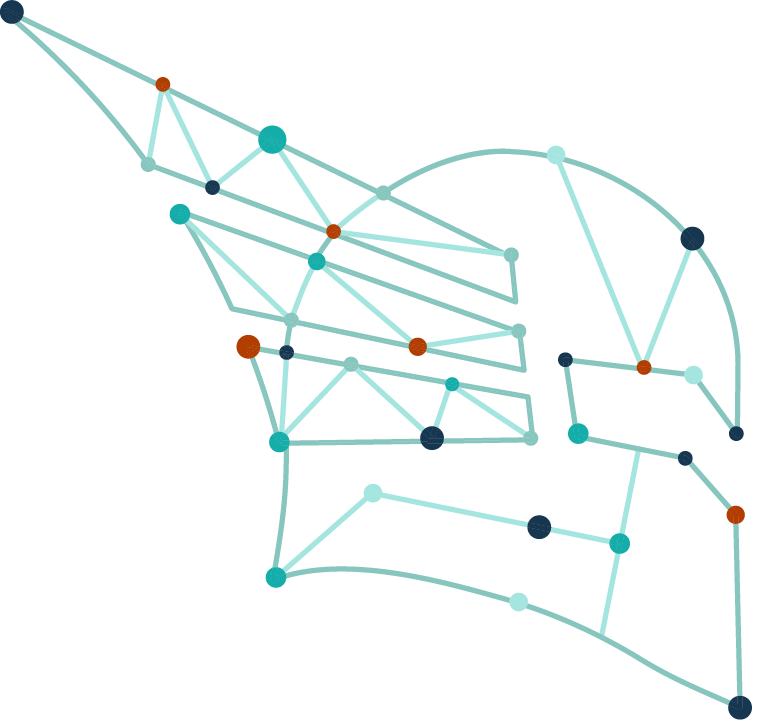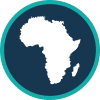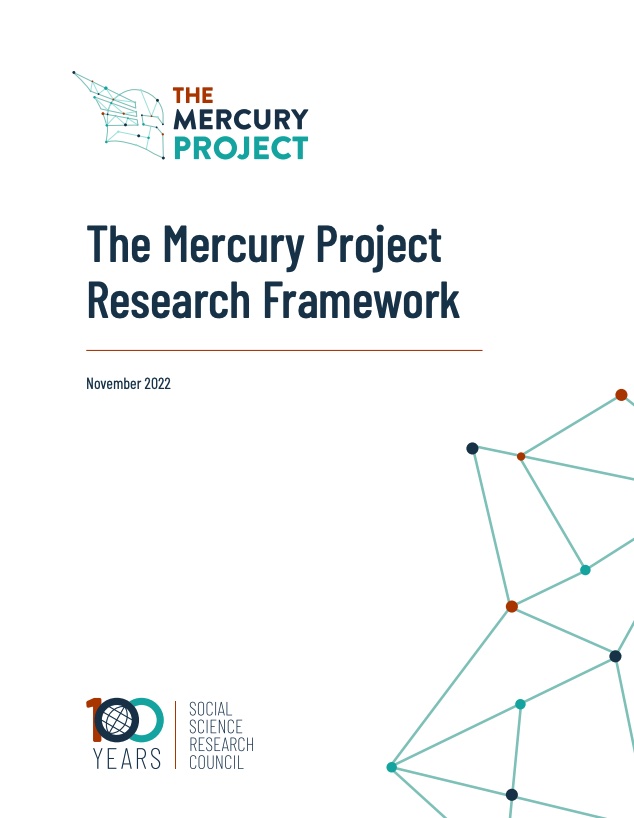ABSTRACT
While fact-checks and digital literacy training can effectively counter inaccurate health information, fact-checks have usually very low reach, and getting social media users to consume such training is challenging. Partnering with fact-checkers AfricaCheck (in Kenya, Nigeria, and South Africa) and ChequeaBolivia, this research team will conduct two studies to test approaches to counter inaccurate health information and change users’ engagement with reliable information. In the first study, in Kenya, South Africa, and Bolivia, the team will recruit 600 positive social media influencers—high-profile journalists and social activists with large followings—interested in countering inaccurate health information among their followers, and provide a randomly selected half of those influencers with digital-literacy—training resources and fact-checks, along with modest financial compensation. They will track followers’ daily online posting and sharing behavior over six months. In the second study, researchers will first test whether providing the fact-checkers in Bolivia, Kenya, Nigeria, and South Africa with data on viral posts by serial spreaders of inaccurate health information improves the quality of their fact-checking. The researchers will choose a random half of spreaders who consistently spread inaccurate health information and share such information with the fact-checkers over a six-month period, and see whether it increases the likelihood that the fact-checkers verify those posts. In Bolivia, the researchers will additionally study the effect of the fact-checker directly reaching out to spreaders of inaccurate health information and their followers to debunk the inaccurate health information they have shared or have been subjected to and provide digital literacy training materials. They will assess whether such reaching out improves the quality of followers’ posting and sharing behavior over six months.



